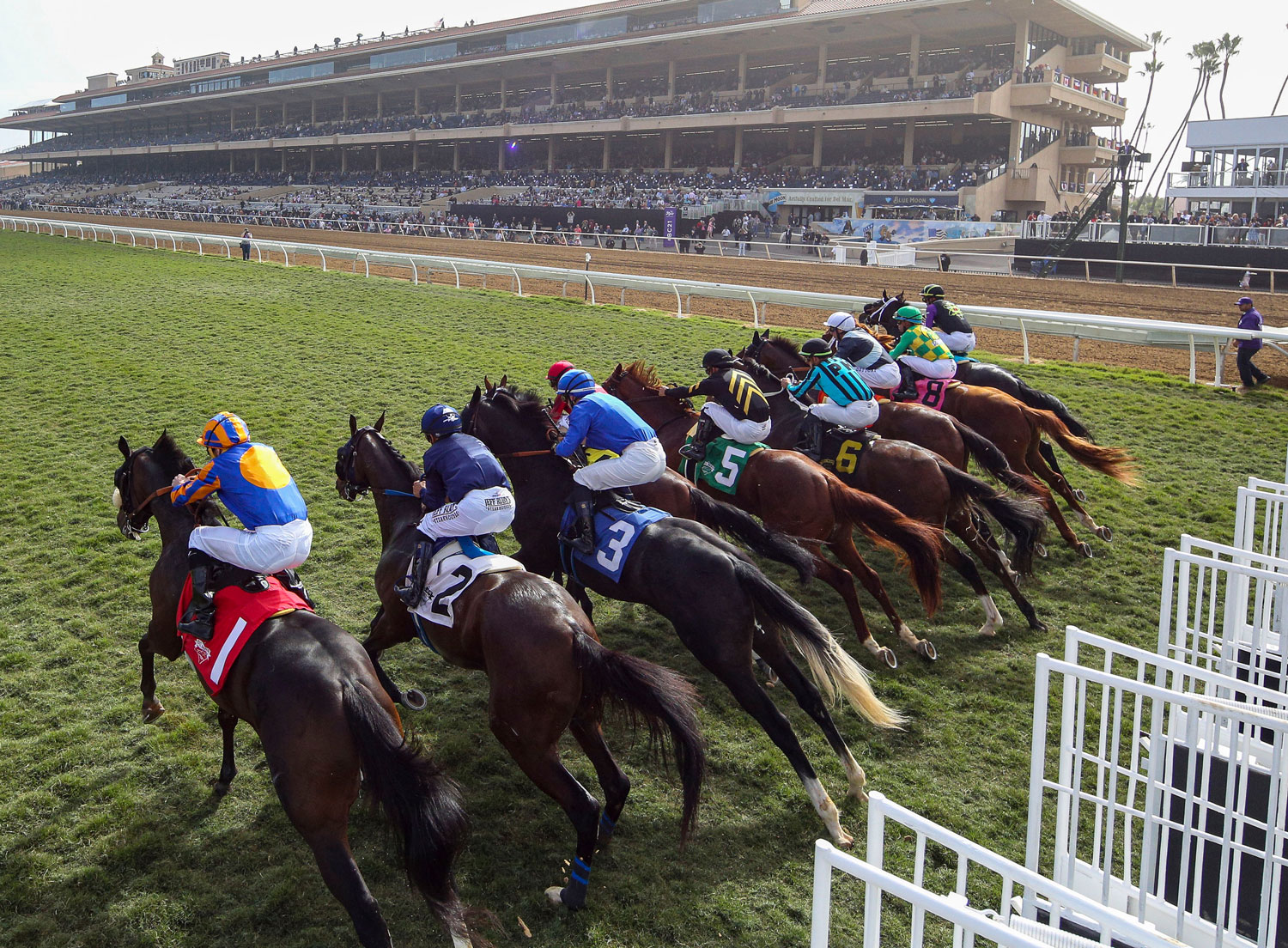We’ve all been around horses with stall manners that range from annoying to sometimes even downright dangerous. Stall vices like cribbing, weaving, biting, kicking, and more are chronic issues for some horses. And perhaps you struggle with one of these behaviors in your horse.
But are stall vices always bad behavior or attitude related? There is strong evidence to suggest that stall vices in some horses may actually indicate an underlying health issue.
Cribbing Can Indicate Gastric Ulcers
Cribbing, commonly considered a learned or genetic pattern, has been shown to potentially have its roots in the horse’s stomach health.
Feed routines that consist of just 2-3 meals per day, limited to no turnout, regular travel and competition, and heavy exercise can all take a toll on a horse’s stomach. Any one of these can allow stomach acids to build, causing the horse discomfort and potentially leading to the development of equine gastric ulcers.
Horses may be sucking in air – the primary action of a cribbing horse – to relieve this discomfort. Sucking in air expands the stomach, causing acid levels to drop away from irritated portions of the stomach lining and providing momentary relief.
Withdrawn horses, or stall walking and weaving may be outward signs of digestive imbalance as well.
Irritability and Poor Ground Manners
Whether a horse is training for a high level of competition, occasionally shows or competes in events, or is used exclusively for trail riding or other leisure activities, it can be prone to irritability, poor trainability, or a general “poor attitude.” Pinning their ears when you walk into the stall, threatening to kick or bite while being handled (or actually doing it!), and general grouchiness may be more than just a bad personality.
If a horse is uncomfortable or in pain due to low-grade digestive imbalance, hindgut acidosis, or even gastric ulcers or colonic ulcers, they only have one way to tell you – their behavior!
Also, sensitivity to touch around the flank area, while girthing, or even under saddle can sometimes signal a hindgut issue. The major portion of the equine digestive system is the hindgut – the colon and cecum – which, in turn, makes up the majority of the horse’s belly.
Explore Potential Digestive Issues in Poor Horse Behavior
As with just about anything with horses, there are a handful of reasons why a horse may display stall vices and poor attitude and behavior. It could be a training issue, learned behavior from other horses, aversion to certain handlers, or a history of abuse of some kind – as well as a signal that the horse is uncomfortable or in pain.
As you explore options for amending a horse’s bad behavior, be sure to consider digestive health in your options. Consult with your vet to analyze your horse’s feed and care, or to run diagnostics to test for clinical issues.



